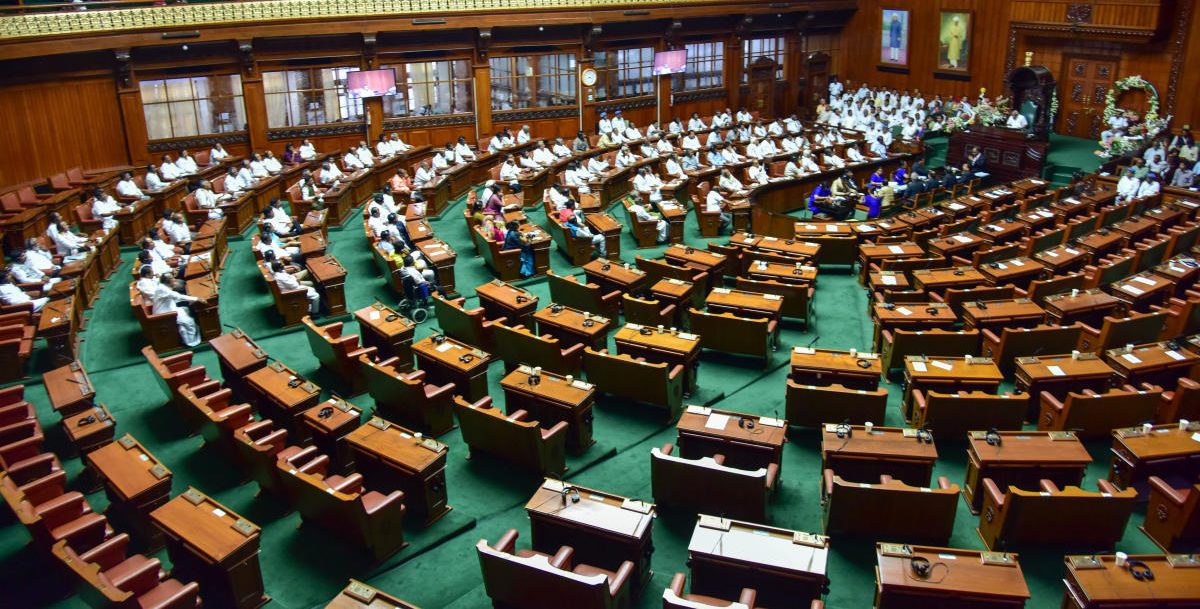- More often than not, the subject matter is one contentious topic never failing to stay out of the limelight or from hitting headlines. We are aware of how the framers of the Constitution had clearly demarcated the responsibilities vis-à-vis the legislature, the executive, and the judiciary in ensuring the democratic form of governance functions seamlessly. Leaving no ambiguity whatsoever in delineating discharge of responsibilities has served the country tremendously over the decades. However, there are insinuations and not so camouflaged accusations about the judiciary overreaching into the domains of the legislature and the executive.

PC: DHNS
- People closely following the national occurrences would infer that those indications are not unfounded either. There are several instances over the years where the judiciary, especially the higher judiciary, having stepped into the other two Constitutional spheres hitherto considered sacrosanct and guarded assiduously from interferences. Of course, the legislature and the executive have time and again failed to conduct themselves on expected lines thereby inviting the wrath, mistrust, cynicism, and general disbelief from the citizens. No wonder, citizens consider the higher judiciary as the last resort to not only address their grievances but also ensure other two pillars of the Constitution do not diverge away from their mandated objectives.
- However, it does mean that the judiciary is provided with a carte blanche to intrude on either. Against this backdrop, two ongoing cases in India’s higher courts have thrown up interesting questions on judicial overreach. Recently, the Supreme Court asked the Government of India and the Election Commission of India to respond to a PIL that seeks restraints on pre-poll promises of political parties that have financial implications as the petitioner fears for the health of state finances. The three-member bench indicated that the issue is serious enough to warrant a response from two of the stakeholders. They have been asked to respond in four weeks.

PC: ipleaders
- For the uninitiated, note that India’s Constitution imposes restraints on the extent of debt states can run up. Also, Article 293 forces state to operate under borrowing limits set by Union Government. In practical terms, Union Government fixes borrowing ceilings for states at the beginning of each financial year. Within the limits that have been set, the way political parties want to spend the available resources is a matter of what they wish to prioritize. Of course, the essence of fiscal policy is adjusting taxes and spending to get the preferred economic outcome. In doing so, the Governments may make wrong choices but that’s for politicians and voters who elect leaders to judge, definitely not courts.
- Another unwelcome and strange intrusion is noticed in the Gujarat High Court’s observation on China while ordering a stay on the removal of anti-dumping duty on some Chinese imports. The two-judge bench of the HC observed “love or hate China, you cannot ignore it”. Needless to mention, how China, a major power, and a dangerous adversary, should be thought of is absolutely outside a court’s domain, even in its observations. For good reasons, courts stay away from commenting on foreign powers. As such Gujarat HC should have followed that tradition here too. By being a force of good, courts will be better served if they recognize no-go areas.






